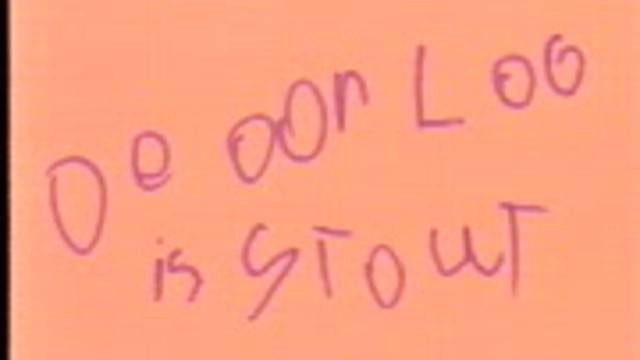person
Jordan Crandall is an artist, theorist, and performer based in Los
Angeles. His video installations, presented in numerous exhibitions
worldwide, combine formats and genres deriving from cinematic and
military culture, exploring new regimes of power and their effects on
subjectivity, sociality, embodiment, and desire. Crandall writes and
lectures regularly at various institutions across the US and Europe. He
is the 2011 winner of the Vilém Flusser Theory Award for outstanding
theory and research-based digital arts practice, given by the
Transmediale in Berlin in collaboration with the Vilém Flusser Archive
of the University of Arts, Berlin. He is currently (2012) an Honorary Resident
at Eyebeam art and technology center in New York, where he is
continuing the development of a new body of work that blends performance
art, political theater, philosophical speculation, and intimate
reverie. The work, entitled UNMANNED, explores new ontologies of
distributed systems -- a performative event-philosophy in the form of a
book and a theatrical production. He is also the founding editor of
the new journal VERSION.
Read
